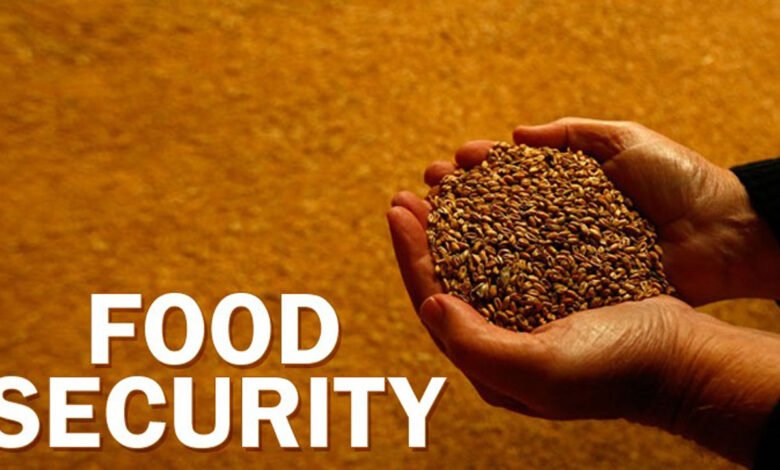Food Security under Climate Change in Pakistan: SBP
Pakistan is the 8th most affected country by climate change due to rising global temperatures Due to devastation Pakistan lost around 0.5% of GDP in 173 climate-related catastrophes from 2000-2019.

Food security in regions such as Pakistan is becoming a source of concern for various reasons Globally climate change-higher temperatures and heavy rainfalls leading to devastation
Policymakers have traditionally relied on price intervention and input subsidies Challenges to food security will intensify under climate change from floods, low productivity, and poor infrastructure, among other factors
Pakistan is the 8th most affected country by climate change due to rising global temperatures Due to devastation Pakistan lost around 0.5% of GDP in 173 climate-related catastrophes from 2000-2019.
Read also
Markets and Restaurants Should be Allowed to work till 10 PM: KCCI
In the worst-case scenario, United Nations Economic and Social Commission for Asia and the Pacific (UNESCAP) estimates average annual losses in Pakistan can be up to 9.1%
This will be the highest in South Asia Increasing temperatures will significantly increase the risks to Pakistan’s food security since 77.5% of the agricultural production takes place in arid regions where temperatures are likely to increase more than in other climatic zones
There are multiple channels through which food security will come under stress in Pakistan: Little room to expand the area under cultivation (in particular for wheat) in the short to medium term under the prevailing technological constraints
Availability of water in the Rabi season acts as a constraint in the canal-irrigated areas of Pakistan Land degradation due to imbalanced use of fertilizer and also waterlogging.
Despite improving wheat yield in Pakistan over the years, climate change is likely to slow down progress in the future Incessant population growth rate is posing resource availability challenges
Increased threat of locusts, especially in the rice-wheat farm systems There is a need to increase policy focus on introducing high-yielding varieties of wheat through research and development Reducing some inefficient subsidies for input, such as water and gas, may help increase fiscal space
Imposition of a carbon tax with border carbon adjustment will increase public revenues to fight climate change adversities



